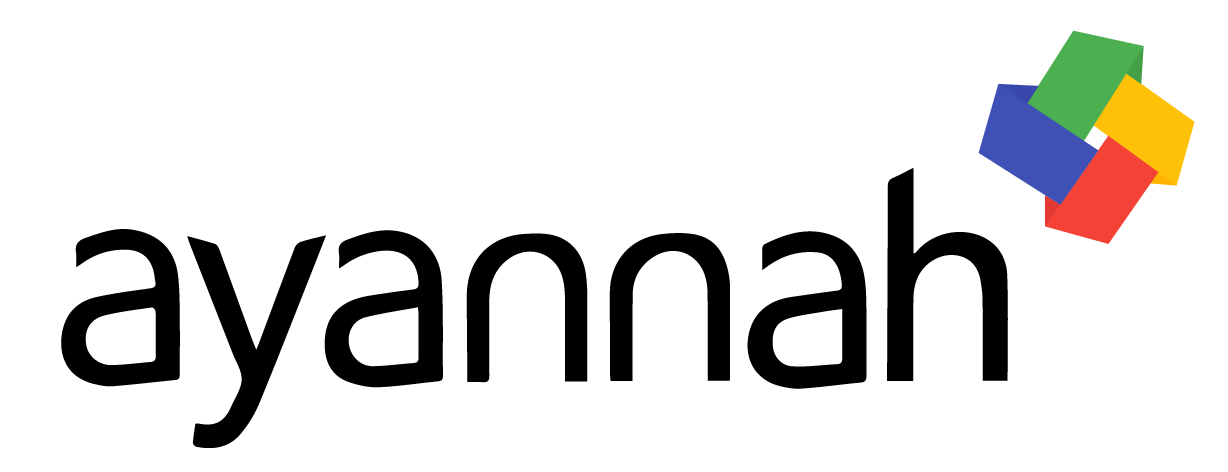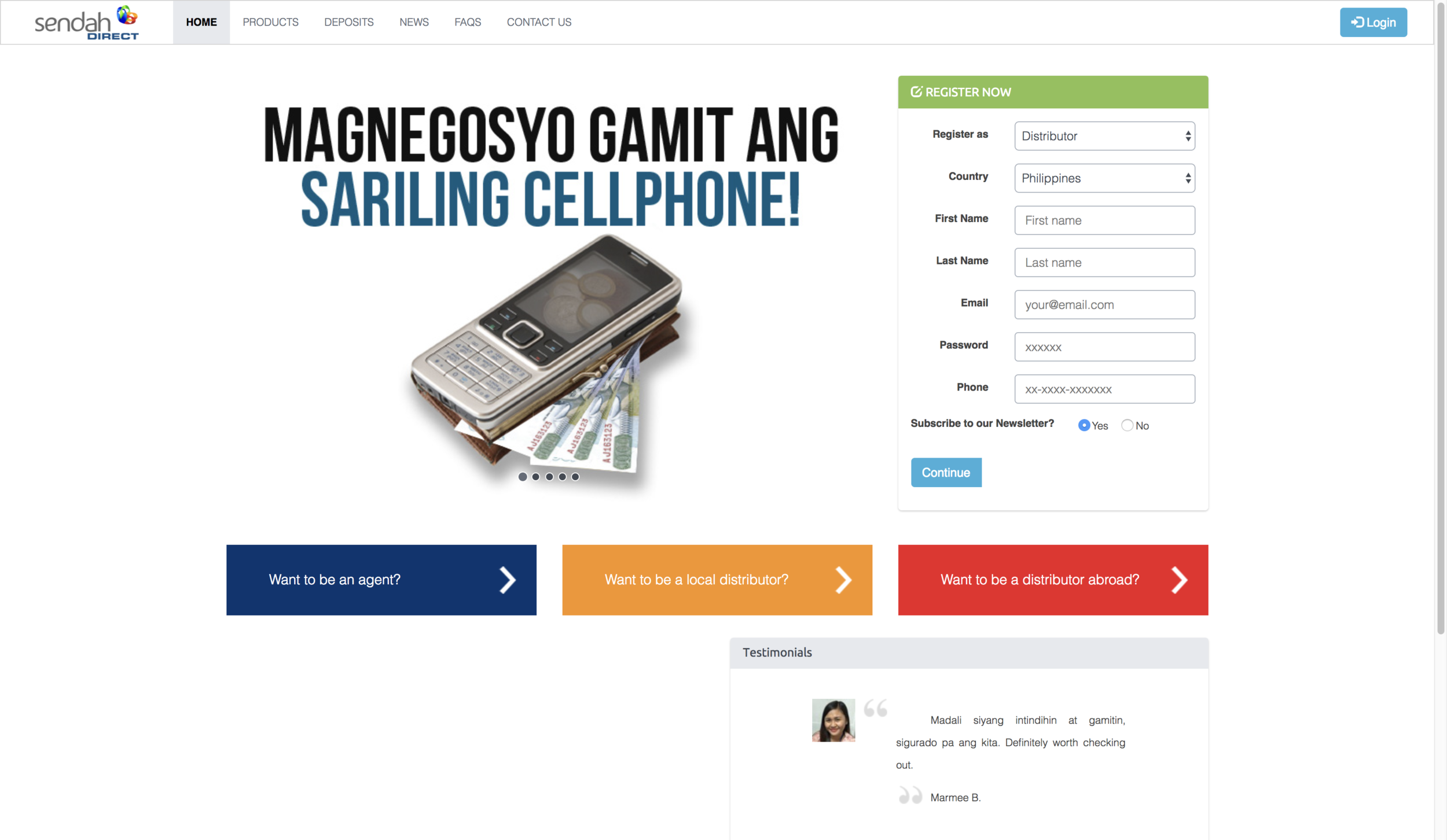Sendah Direct Offers PanaLoad in Partnership with AsianLife
Manila, Philippines: After the successful launch of www.sendahdirect.com last July, Ayannah is focusing on strategically refreshing Sendah Direct’s product lines to better provide its agents and distributors with easy to sell items. Aside from prepaid load credits, Sendah Direct agents and distributors can also resell game pins, dental cards and PanaLoad Club products, which are Personal Accident (PA) Insurance plans – the most affordable of which can be bought for as low as P10.00.
Sendah Direct Launches New and Improved Website
Manila, Philippines: Sendah Direct, Ayannah’s web-based retail system that allows enterprising individuals and groups to resell load, gift certificates, and other items at a profit, has recently undergone a website redesign in response to positive customer feedback and in preparation for the service’s international expansion. Aside from improved navigation, the new website features easy access to detailed product information, promising the ultimate user-friendly experience without compromising the platform’s security and reliability attributes.
Siemer Ventures and Golden Gate Ventures Lead Investment in Ayannah
Manila, Philippines (19 June 2013). Ayannah, a leading provider of mobile commerce and payments services to the unbanked in emerging markets and migrants in OECD countries received additional funding from investors led by early-stage technology and new media venture firms, Los Angeles-based Siemer Ventures and Singapore- and San Francisco-based Golden Gate Ventures. US, Russia, and Philippine-based angel investors and family offices also participated in the equity financing round.
The Economist - "Migrants' Money Could Be Put to Better Use"
THE world economy may be struggling, but foreign remittances continue to grow. In all, 250m migrant workers will send home $500 billion this year—up from $410 billion in 2012, according to a new report by the International Fund for Agricultural Development (IFAD), an agency of the United Nations. More than half ends up in Asia, but much of the money is wasted on expensive transfer services and gets stashed away rather than put to productive uses that might help reduce poverty.




